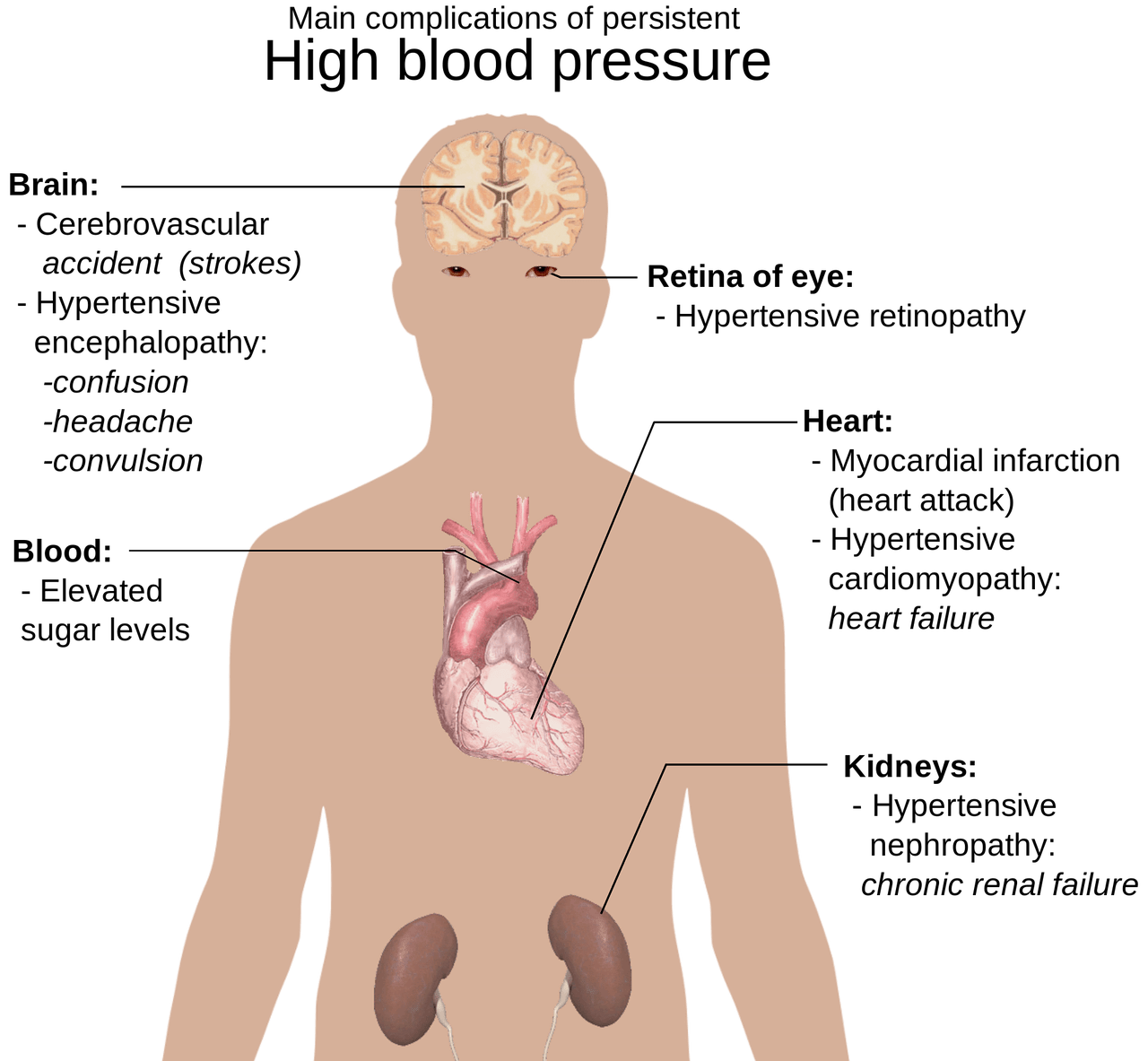Obesity is a growing health concern worldwide, affecting millions of people of all ages. One of the complications that arise from obesity is high blood pressure. High blood pressure is a major risk factor for heart disease, stroke, and other health problems. In this essay, we will discuss how obesity leads to high blood pressure and the evidence supporting this claim. Additionally, we will look at counter-arguments that suggest other factors may contribute to high blood pressure.
How obesity leads to high blood pressure?
Obesity increases the workload of the heart. The heart has to pump harder to circulate blood through excess body fat. This increased workload can lead to high blood pressure. Over time, high blood pressure can cause damage to the heart and blood vessels. Studies have shown that losing weight can reduce blood pressure levels in individuals with obesity. This suggests that there is a link between excess weight and high blood pressure. Additionally, research has found that even a small reduction in weight can result in a significant decrease in blood pressure.
How obesity leads to insulin resistance?
Obesity can lead to insulin resistance. Insulin resistance can cause the body to produce more insulin. High levels of insulin can cause the kidneys to retain sodium, which can increase blood pressure. Studies have shown that obese individuals are more likely to develop insulin resistance than those who are not obese. This suggests that there is a relationship between obesity, insulin resistance, and high blood pressure.
How obesity leads to inflammation?
Obesity can cause inflammation. Inflammation can damage blood vessels and cause high blood pressure. Studies have found that obese individuals have higher levels of inflammation than those who are not obese. This suggests that inflammation may be a contributing factor to the development of high blood pressure in individuals with obesity. Additionally, research has shown that losing weight can reduce inflammation levels in the body, which may lead to a decrease in blood pressure.
Not all obese individuals have high blood pressure. Genetics can play a role in blood pressure, and lifestyle factors other than obesity can also affect blood pressure. Some obese individuals have healthy blood pressure levels, suggesting that other factors may be involved in the development of high blood pressure. However, studies have shown that obesity is a significant risk factor for high blood pressure, and losing weight can reduce blood pressure levels in individuals with obesity.
Other factors, such as stress , can cause high blood pressure
High blood pressure can exist without obesity. Other factors, such as stress, can cause high blood pressure. Some individuals have a genetic predisposition to high blood pressure, and a healthy weight does not guarantee healthy blood pressure levels. However, research has shown that obesity is a major risk factor for high blood pressure, and losing weight can reduce blood pressure levels in individuals with obesity.
Treating the underlying causes of Obesity
Obesity can be a symptom rather than a cause of high blood pressure. Some underlying health conditions, such as thyroid problems or sleep apnea, can cause both obesity and high blood pressure. Treating the underlying condition can improve both obesity and high blood pressure. Focusing solely on weight loss may not address the root cause of high blood pressure. However, studies have shown that losing weight can reduce blood pressure levels in individuals with obesity, regardless of the underlying cause of their high blood pressure.
In conclusion, obesity is a significant risk factor for high blood pressure. Excess body fat can increase the workload of the heart, lead to insulin resistance, and cause inflammation, all of which can contribute to high blood pressure. While other factors can also contribute to high blood pressure, research has consistently shown a link between obesity and high blood pressure. Losing weight through healthy lifestyle changes can reduce blood pressure levels in individuals with obesity, leading to improved overall health.
